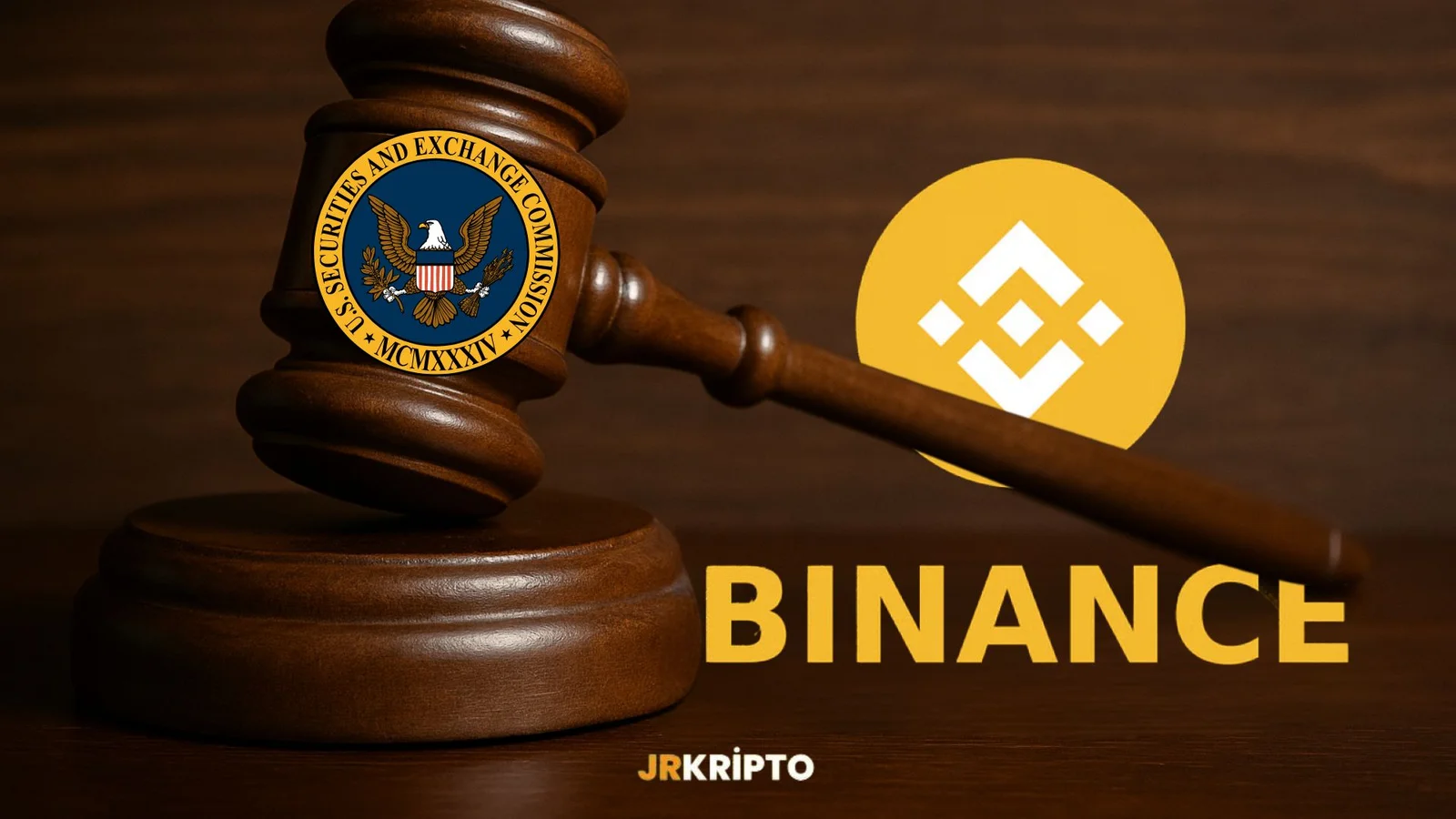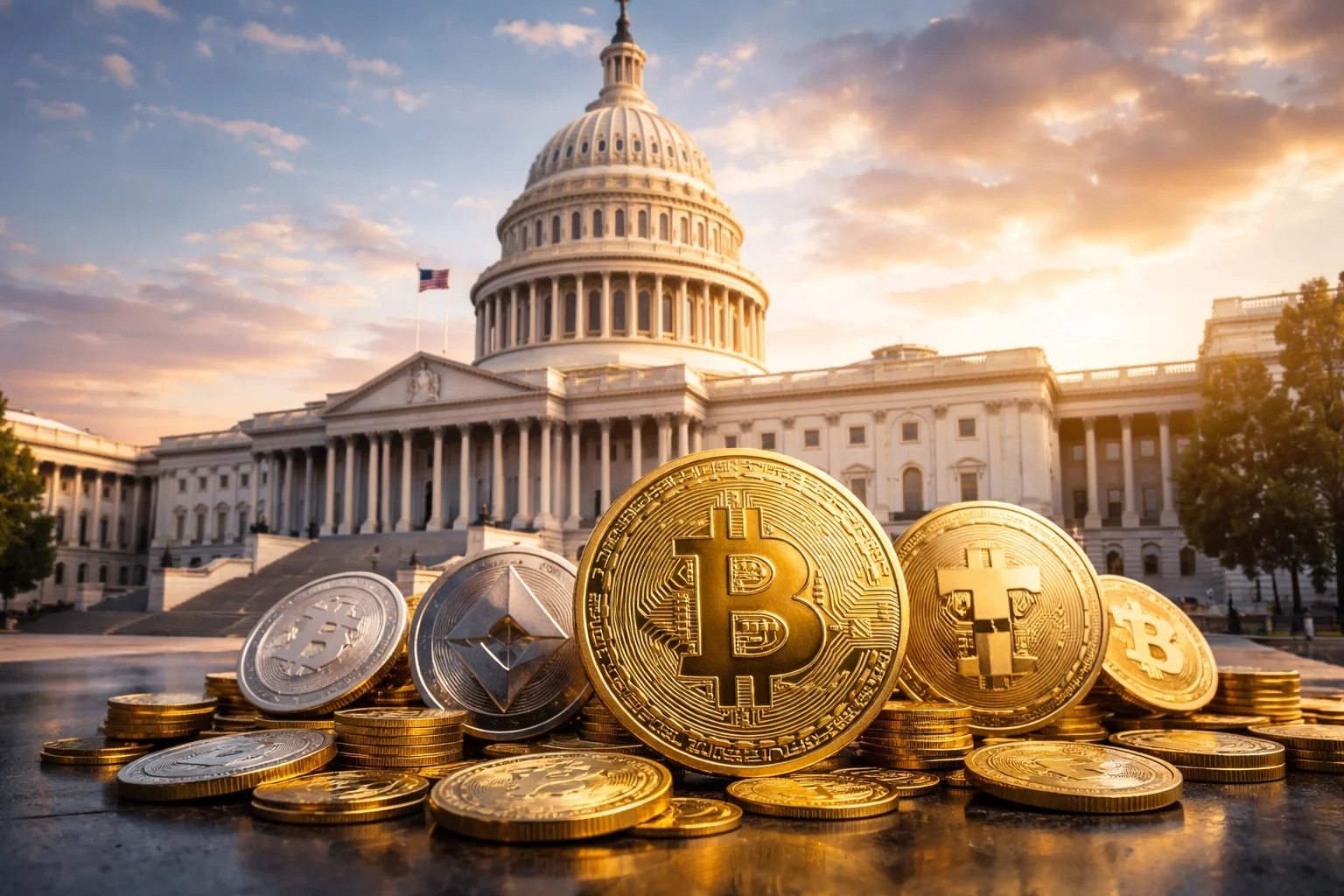The Most Controversial Crypto Case in the U.S. Has Been Closed: SEC Drops the Binance Lawsuit
The U.S. Securities and Exchange Commission (SEC) has stepped back from its nearly two-year-long legal battle against Binance. On May 29, a joint motion was filed to dismiss the case entirely. This is not just a legal conclusion—it signals a significant shift in how the U.S. views crypto.
How Did the Lawsuit Begin?
In June 2023, the SEC filed a lawsuit against Binance, its founder Changpeng Zhao, and its U.S. affiliate BAM Trading, accusing them of misleading investors and mismanaging customer funds. For a long time, the case was seen as a major blow to the crypto market.
During this process, Binance reached a settlement with the Department of Justice, agreeing to pay a $4.3 billion fine. Zhao stepped down as CEO, pleaded guilty to money laundering charges, and was sentenced to four months in prison.
What Changed?
As of May 2025, the SEC officially announced its intention to drop the case. SEC officials stated, “This case is no longer a priority for the agency,” and requested that the proceedings be terminated. Notably, they are seeking to close the case “with prejudice”—meaning it cannot be reopened.
Binance welcomed the move as “a major victory for crypto” and specifically thanked the Trump administration and new SEC Chairman Paul Atkins.
Trump and the New SEC: A Different Path
This development clearly reflects a shift in crypto policy in Washington. With Paul Atkins—former crypto advisor—appointed as SEC Chairman, the agency is opting for dialogue with the industry over harsh enforcement actions.
It’s not just Binance… Proceedings involving companies like Coinbase, Kraken, Circle, and OpenSea have also either been concluded or shelved. The new approach prioritizes “finding common ground over confrontation.”
What Does It Mean?
The dismissal of the case is obviously a positive outcome for Binance. But more importantly, it signals a new chapter in the U.S.'s crypto policy. The easing of regulatory pressure gives entrepreneurs and investors room to breathe.
The U.S. is moving toward a more balanced stance on digital assets. This means clearer rules, reduced uncertainty, and more open communication in the near future.
For the first time, the crypto industry now has a real chance to sit at the same table with regulators.




